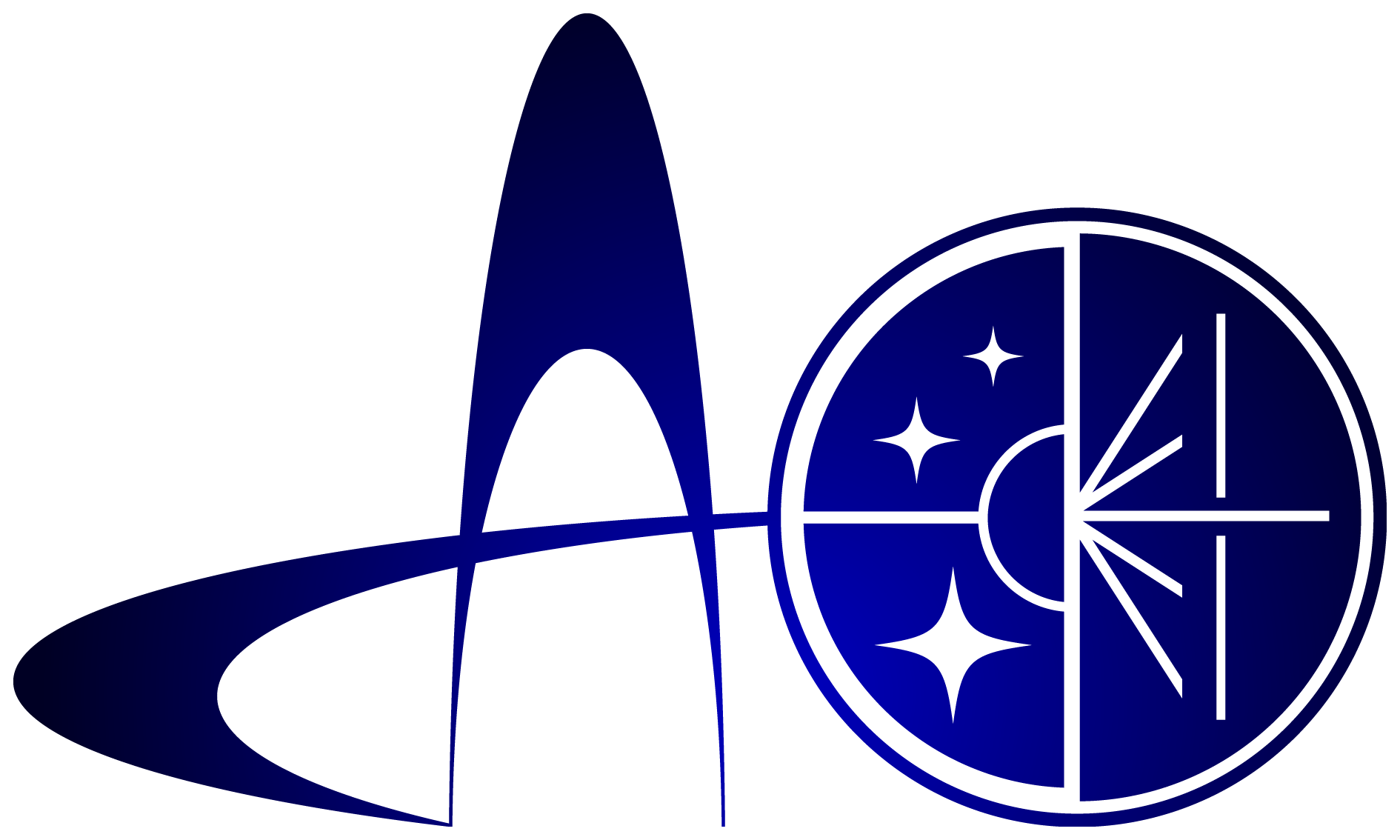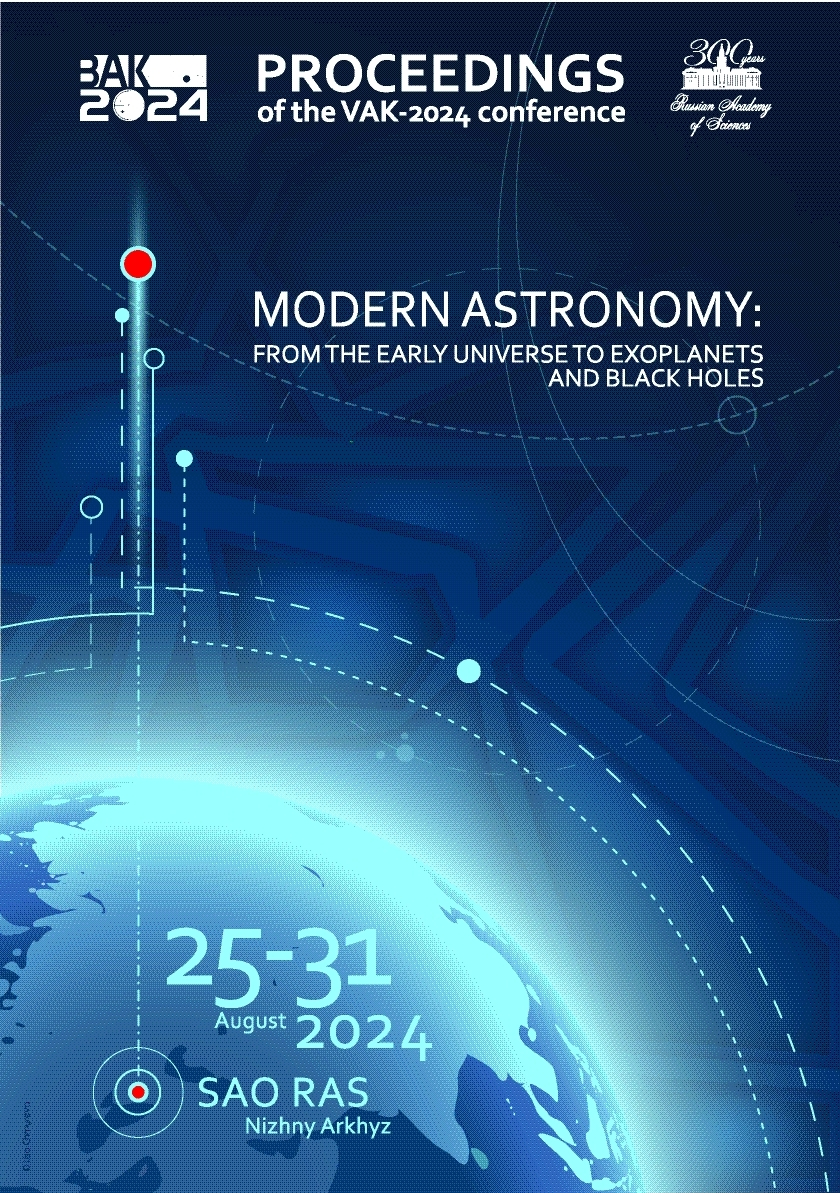UDC 53
UDC 520
UDC 521
UDC 523
UDC 524
UDC 52-1
UDC 52-6
CSCSTI 41.00
CSCSTI 29.35
CSCSTI 29.31
CSCSTI 29.33
CSCSTI 29.27
CSCSTI 29.05
Russian Classification of Professions by Education 03.06.01
Russian Classification of Professions by Education 03.05.01
Russian Classification of Professions by Education 03.04.03
Russian Library and Bibliographic Classification 2
Russian Library and Bibliographic Classification 223
Russian Trade and Bibliographic Classification 614
Russian Trade and Bibliographic Classification 6135
BISAC SCI004000 Astronomy
BISAC SCI005000 Physics / Astrophysics
In the case of conservative mass exchange in a binary system in the Hertzsprung gap, the mass of the accreting star can increase by up to two times. The accreted matter brings Keplerian angular momentum with it. The meridional circulation transfers 80–85% of the incoming angular momentum to the surface of the accretor. The increase in the mass and angular momentum of the accretor occurs due to the loss of this part of the angular momentum. After the mass exchange is completed, most of the angular momentum is concentrated in the accreted layers. The accretor has a large enough angular momentum to maintain its status as a Be star during its subsequent evolution on the main sequence.
stars: binaries; emission-line; Be; early-type; rotation
1. Bisnovatyi-Kogan G.S., 1993, Astronomy & Astrophysics, 274, p. 796
2. Chojnowski S.D., Labadie-Bartz J., Rivinius T., et al., 2018, Astrophysical Journal, 865, 1, id. 76
3. Gies D.R., Bagnuolo W.G., Ferrara E.C., et al., 1998, Astrophysical Journal, 493, 1, p. 440
4. Paczynski B., 1991, Astrophysical Journal, 370, p. 597
5. Van Rensbergen W. and De Greve J.P., 2020, Astronomy & Astrophysics, 642, id. A183
6. Schootemeijer A., Götberg Y., de Mink S.E., et al., 2018, Astronomy & Astrophysics, 615, id. A30
7. Staritsin E., 2021, Astronomy & Astrophysics, 646, id. A90
8. Staritsin E., 2022, Research in Astronomy and Astrophysics, 22, 10, id. 105015
9. Staritsin E.I., 2023a, Astronomy Reports, 67, 9, p. 959
10. Staritsin E.I., 2023b, INASAN Science Reports, 8, 2, p. 54
11. Staritsin E., 2024a, Research in Astronomy and Astrophysics, 24, 1, id. 015001
12. Staritsin E., 2024b, Research in Astronomy and Astrophysics, accepted
13. Vanbeveren D., De Loore C., Van Rensbergen W., 1998, Astronomy and Astrophysics Review, 9, 1-2, p. 63
14. Wang L., Gies D.R., Peters G.J., et al., 2023, Astronomical Journal, 165, 5, id. 203






